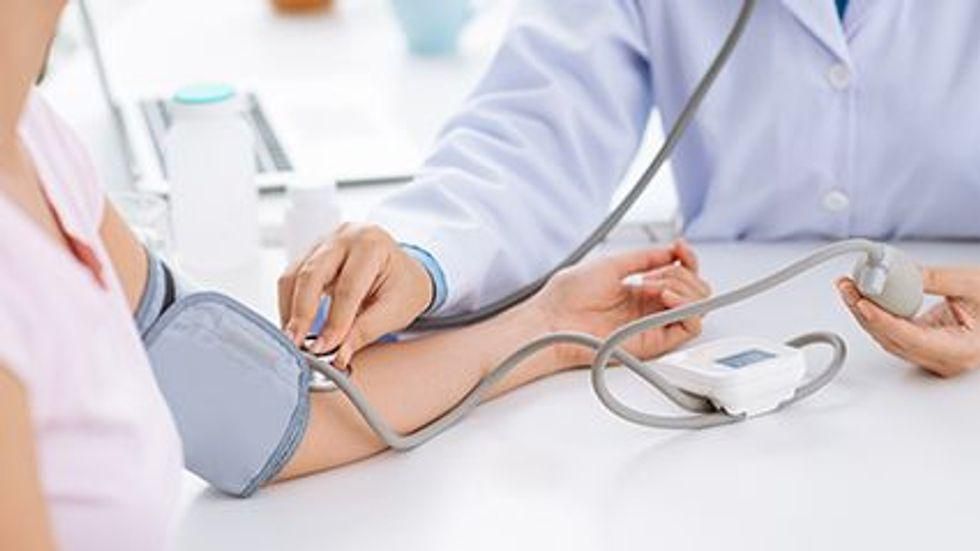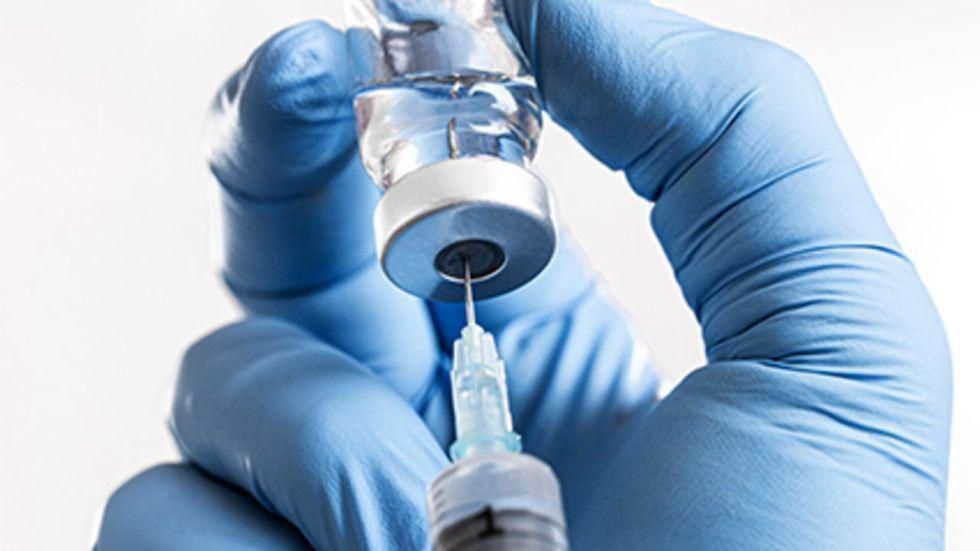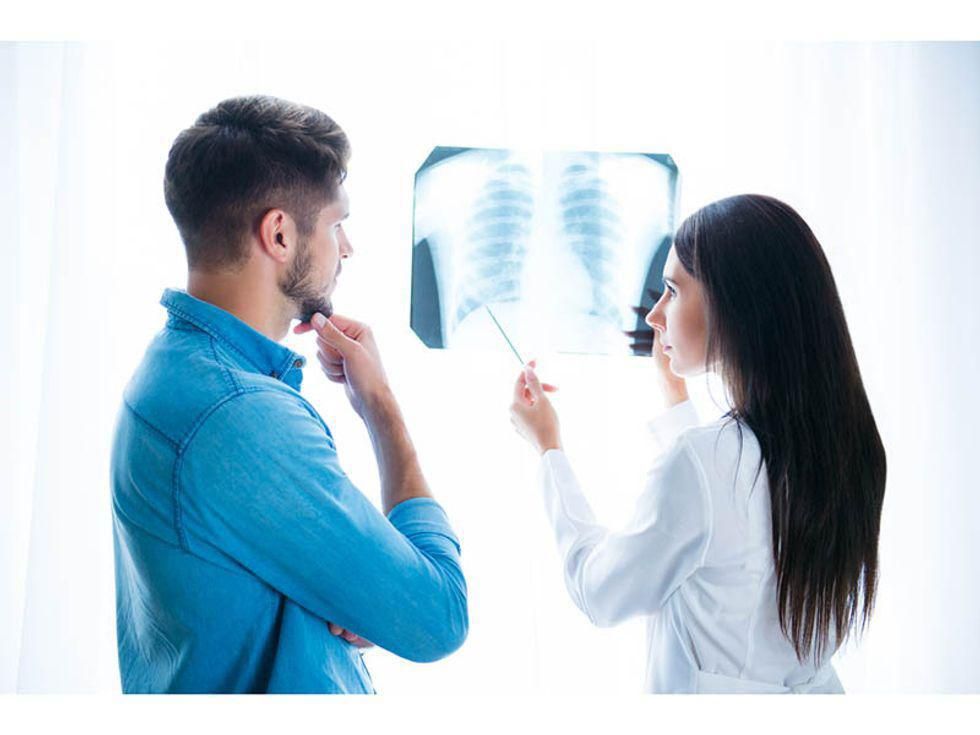
Hospitalizations for dangerously high blood pressure more than doubled in the United States from 2002 to 2014, new research shows. This jump in hospitalizations for what’s called a “hypertensive crisis” occurred even though data show overall progress in Americans controlling their blood pressure and a decrease in blood pressure-related heart problems during that period. “Although… read on > read on >






























